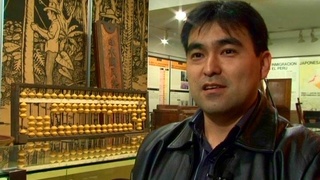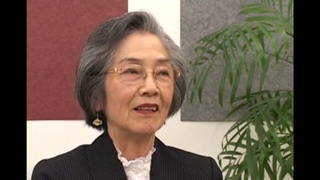Interviews
Looking Inside (Spanish)
(Spanish) Look, when you ask a Jewish person why they always marry within their culture, they answer that it’s because of anti-Zionism, because of an anti-Judaism notion, and we can’t say the same. I can’t… I have 31 nephews and 31 nieces, and most of them have married between Nikkei people. And if you ask them, they’re not going to say it’s because of an anti-Japanese notion. They’ll say no, because it’s the way it is. Our cultural education is so strong that even the non-cultural, which is desire and attraction, turns into something cultural. That is to say you don’t feel a sexual appetite for someone who is not from your same race. You may feel it but you censure it.
Date: February 26, 2008
Location: Lima, Peru
Interviewer: Harumi Nako
Contributed by: Asociación Peruano Japonesa (APJ)








